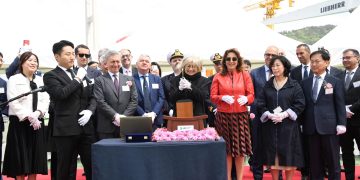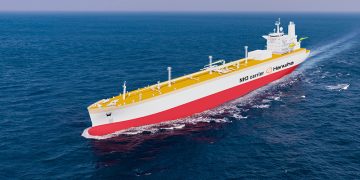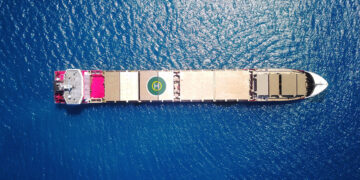USCG issues Annual Report on PSC for 2014
Vessel arrivals and examinations decreased, detentions IncreasedThe US Coast Guard has published its 2014 Annual Report on Port State Control.The report provides key statistics related to enforcement of international requirements with regard to foreign flag vessels calling in US ports. Vessel Arrivals, Examinations, Detentions IncreasedIn 2014:a total of 9,227 individual vessels, from 83 different Flag Administrations, made 79,091 port calls to the United States.The Coast Guard conducted 9,232 SOLAS safety exams and 8,562 ISPS exams on these vessels.The total number of ships detained in 2014 for environmental protection and safety related deficiencies increased from 121 to 143.The total number of ships detained in 2014 for security related deficiencies increased slightly from 8 to 10.Flag Administration Safety PerformanceFlag Administration safety performance for 2014 decreased from the previous year, with the overall annual detention rate increasing from 1.29% to 1.55%. In addition, the three-year rolling detention ratio increased slightly from 1.11% to 1.31%. The Flag Administrations of New Zealand, Peru, and the Philippines were all removed from USCG's Targeted Flag List.USCG also notes that vessels from the Flag Administrations of Curacao, Anguilla, Kiribati, and Malaysia are potentially qualified for USCG's QUALSHIP 21 Program and their vessels will be entered into the program, contingent ...
Read more





























































